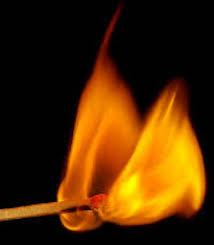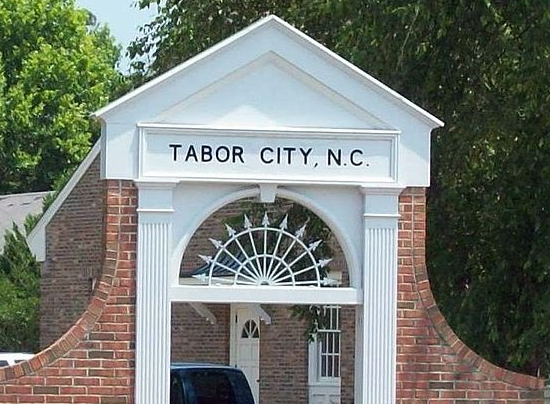Burning off old grass, preparing gardens and disposing of winter-killed leaves and limbs is a big part of spring in Southeastern North Carolina.
All too often, those traditions can quickly lead to wildfires if a small burnpile gets out of control.
In North Carolina, March through May is historically recognized as spring wildfire season. More than 40 percent of wildfires are caused in part by careless debris fires, according to the Forest Service.
As residents begin working in their yards, the N.C. Forest Service urges them to think before burning yard debris.
There are many factors to consider before burning yard debris. The N.C. Forest Service encourages residents to contact their local county forest ranger for technical advice and options to help ensure the safety of people, property and the forest.
The N.C. Forest Service offers the following tips to protect property and prevent wildfires:
- Be sure you are fully prepared before burning. To control the fire, you will need a hose, bucket, steel rake and a shovel for tossing dirt on the fire. Keep a phone nearby, too.
- Consider alternatives to burning. Some types of debris, such as leaves, grass and stubble, may be of more value if they are not burned, but used for compost or mulch instead.
- Check local burning laws. Some communities allow burning only during specified hours. Others forbid it entirely.
- Make sure you have a valid permit. You can obtain a burn permit at any open authorized permitting agent or online at https://www.ncforestservice.gov/burnpermit.
- Local fire officials can recommend a safe way to burn debris. Don’t pile vegetation on the ground. Instead, place it in a cleared area and contain it in a screened receptacle away from overhead branches and wires. Keep your pile small, not tall.
- Stay informed about the weather and possible weather changes. Postpone outdoor burning during high winds or gusts, or periods of low relative humidity. Even if you have a valid permit, stop burning if strong winds develop.
- Never use kerosene, gasoline, diesel fuel or other flammable liquids to speed up debris burning.
- Stay with your fire until it is completely out.
To learn more about fire safety and preventing wildfires and property damage or loss, visit www.ncforestservice.gov. To learn more about actions you can take to prepare your home and property for wildfire, visit www.resistwildfirenc.org. You can also find out more at ncforestservice.org or by calling the Whiteville office of the Forest Service at 642.5093.







